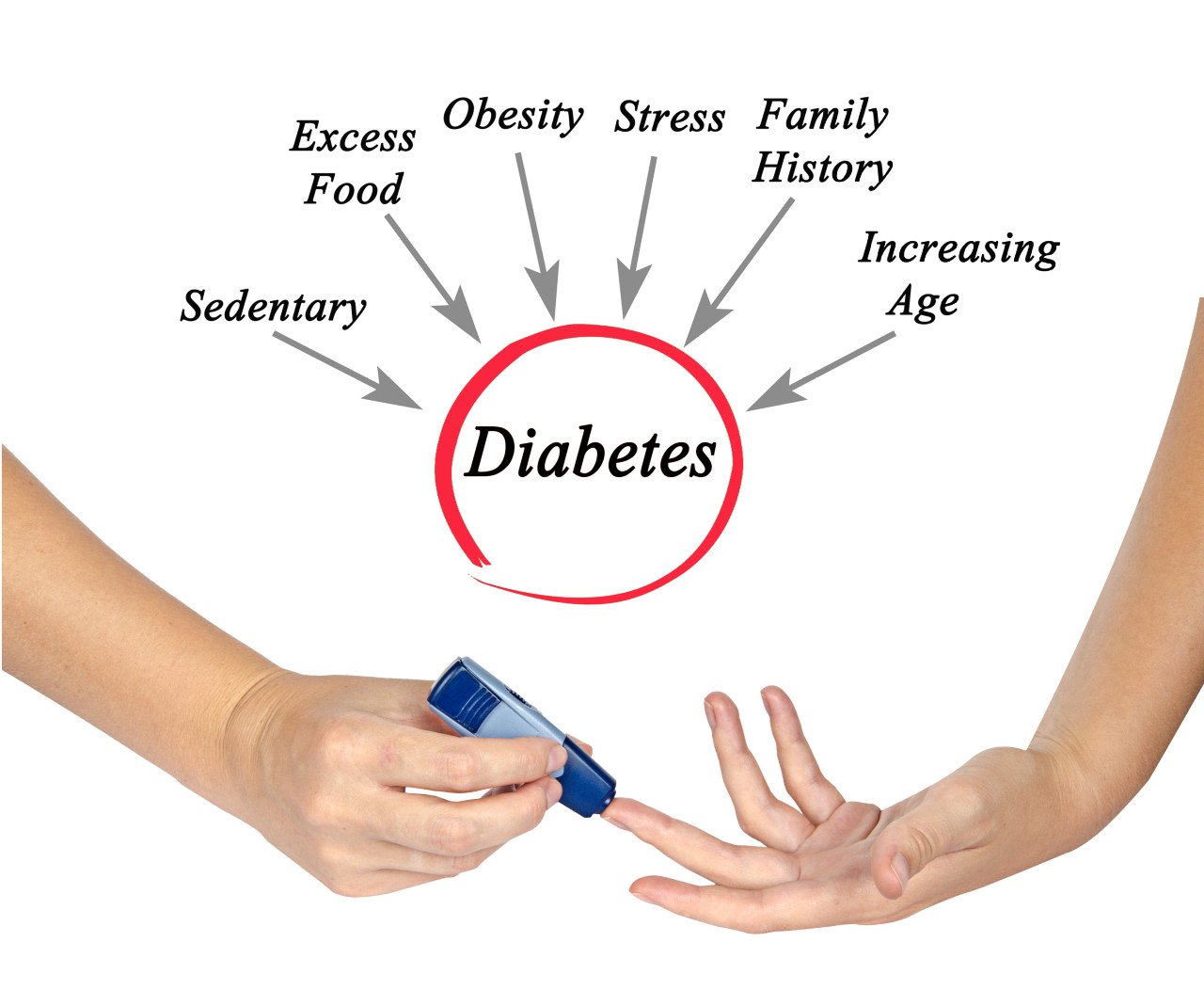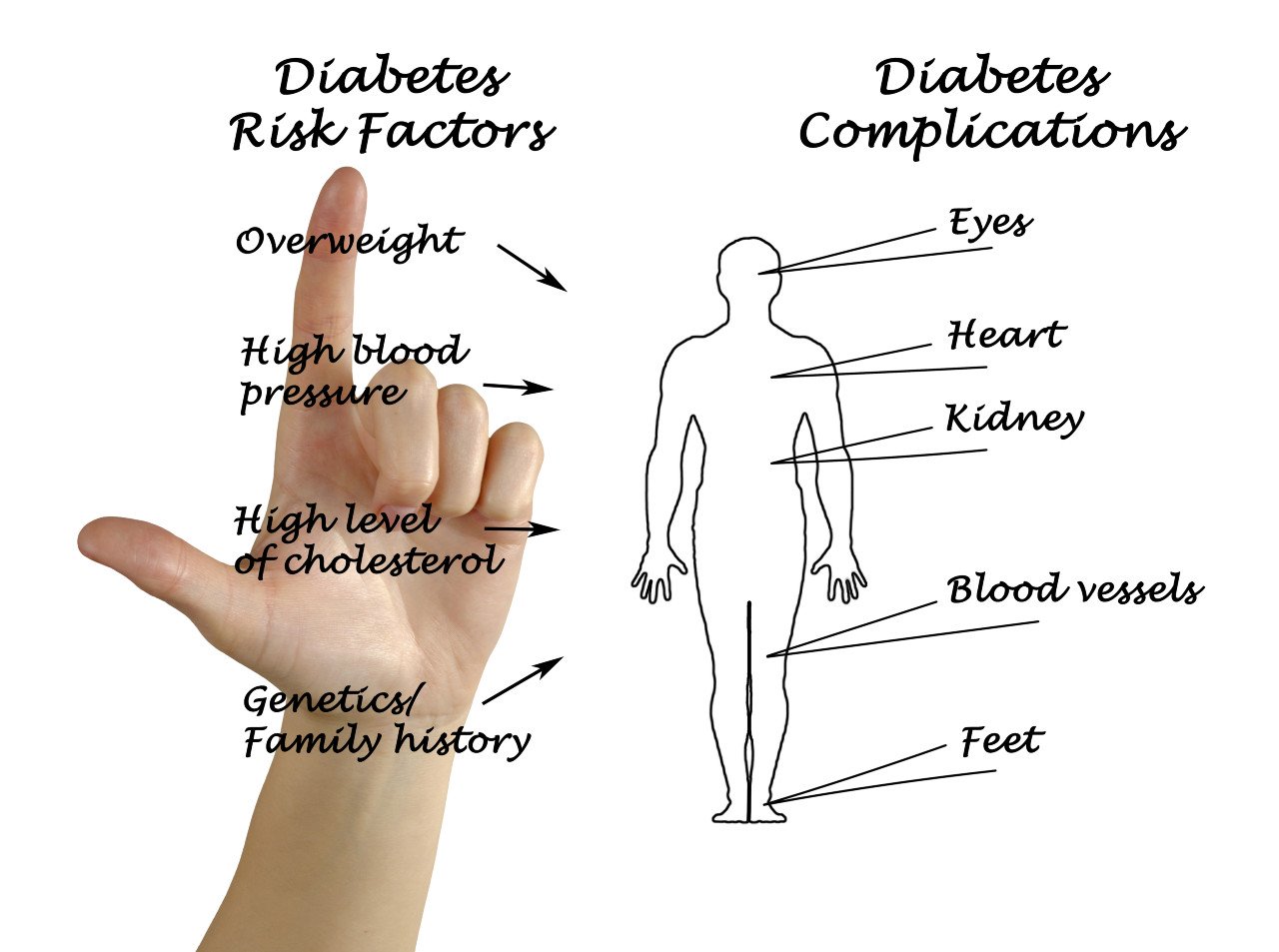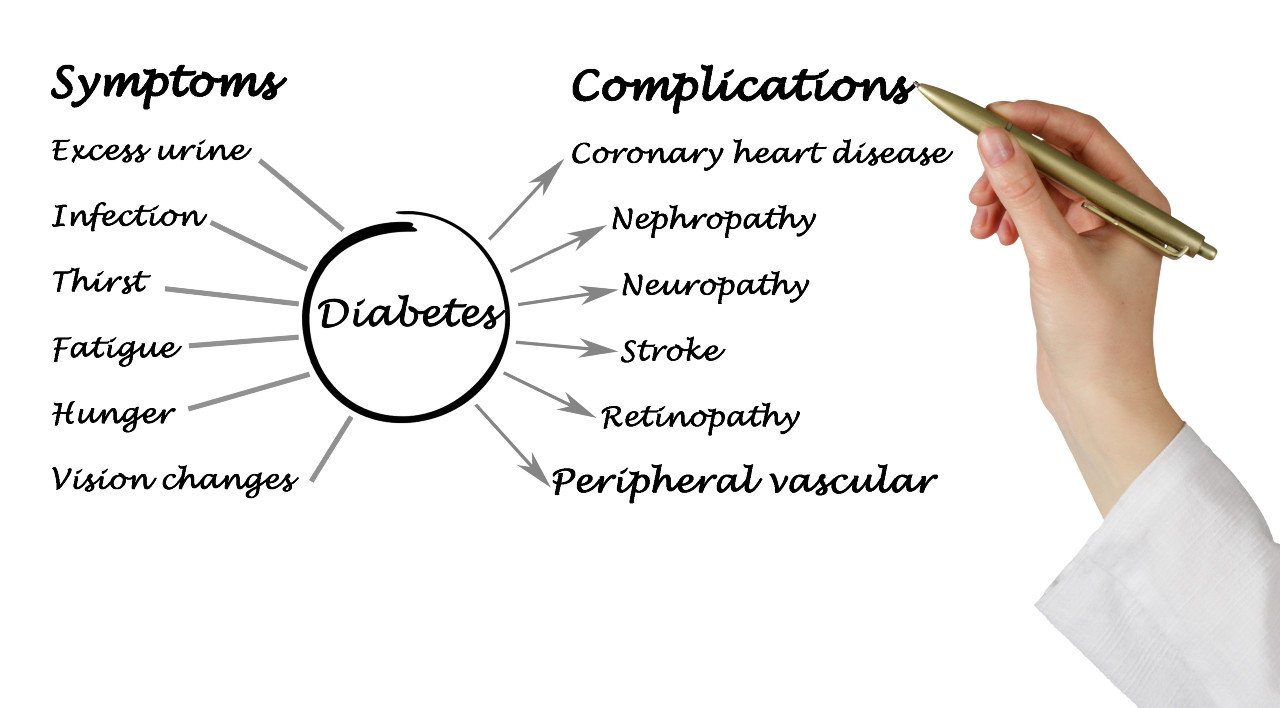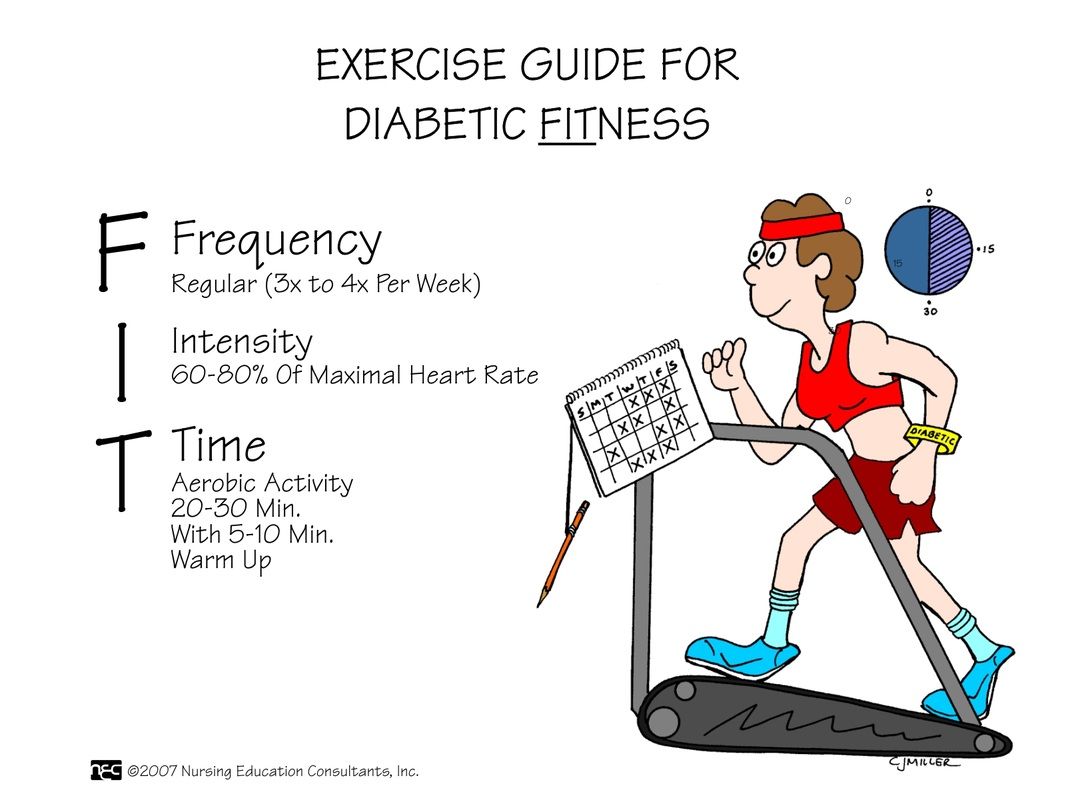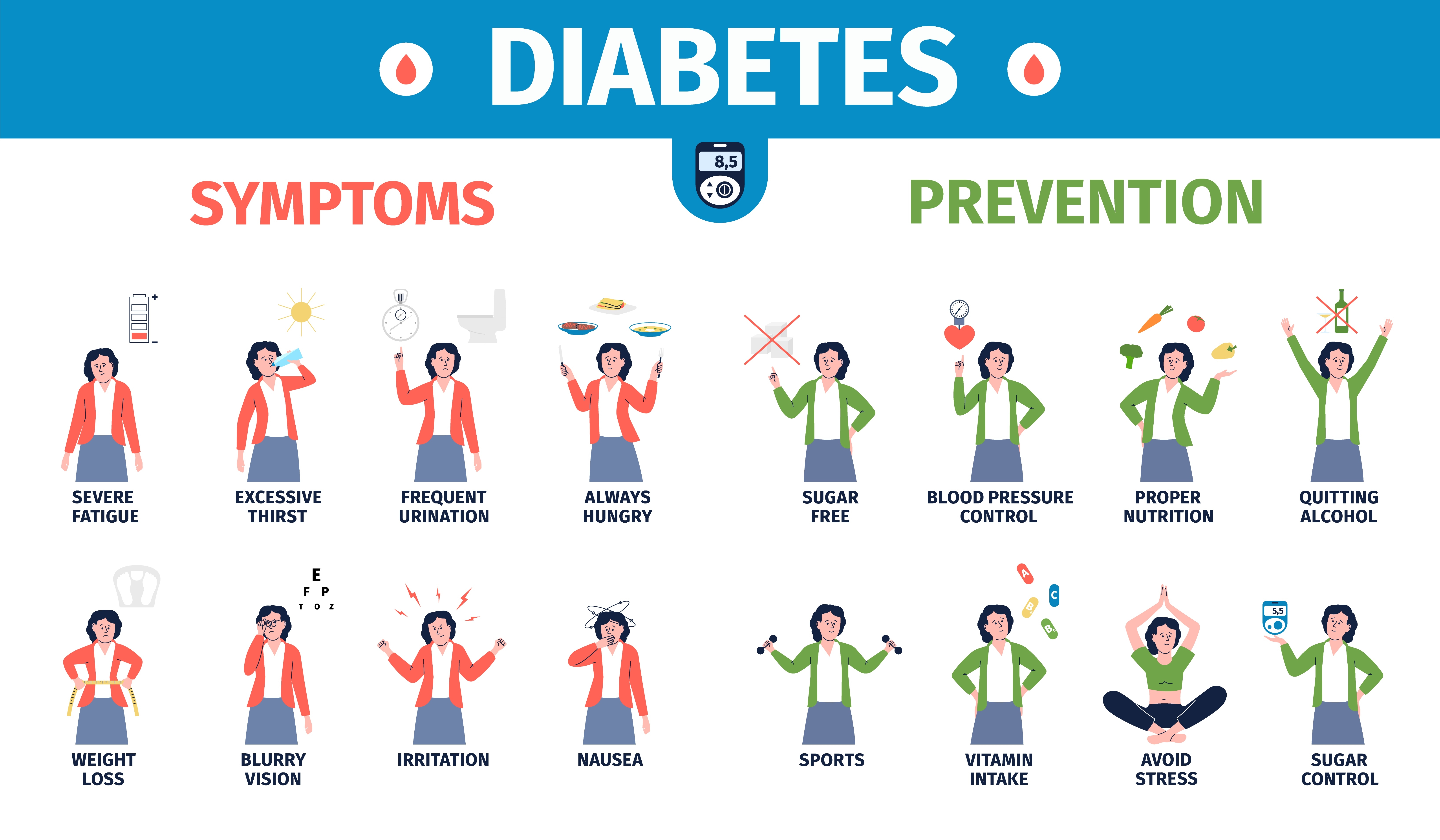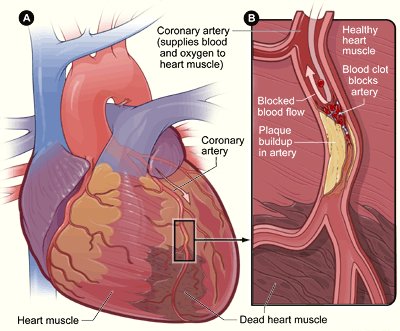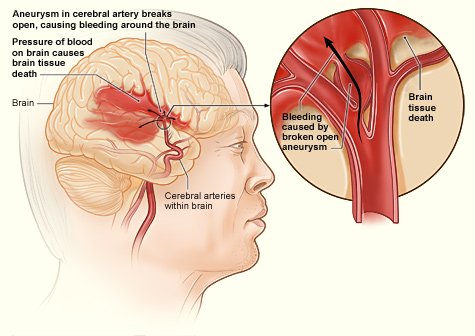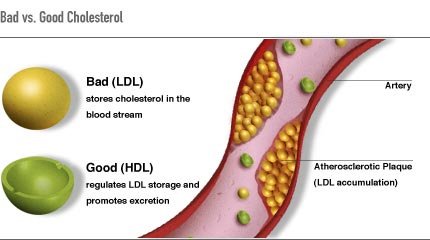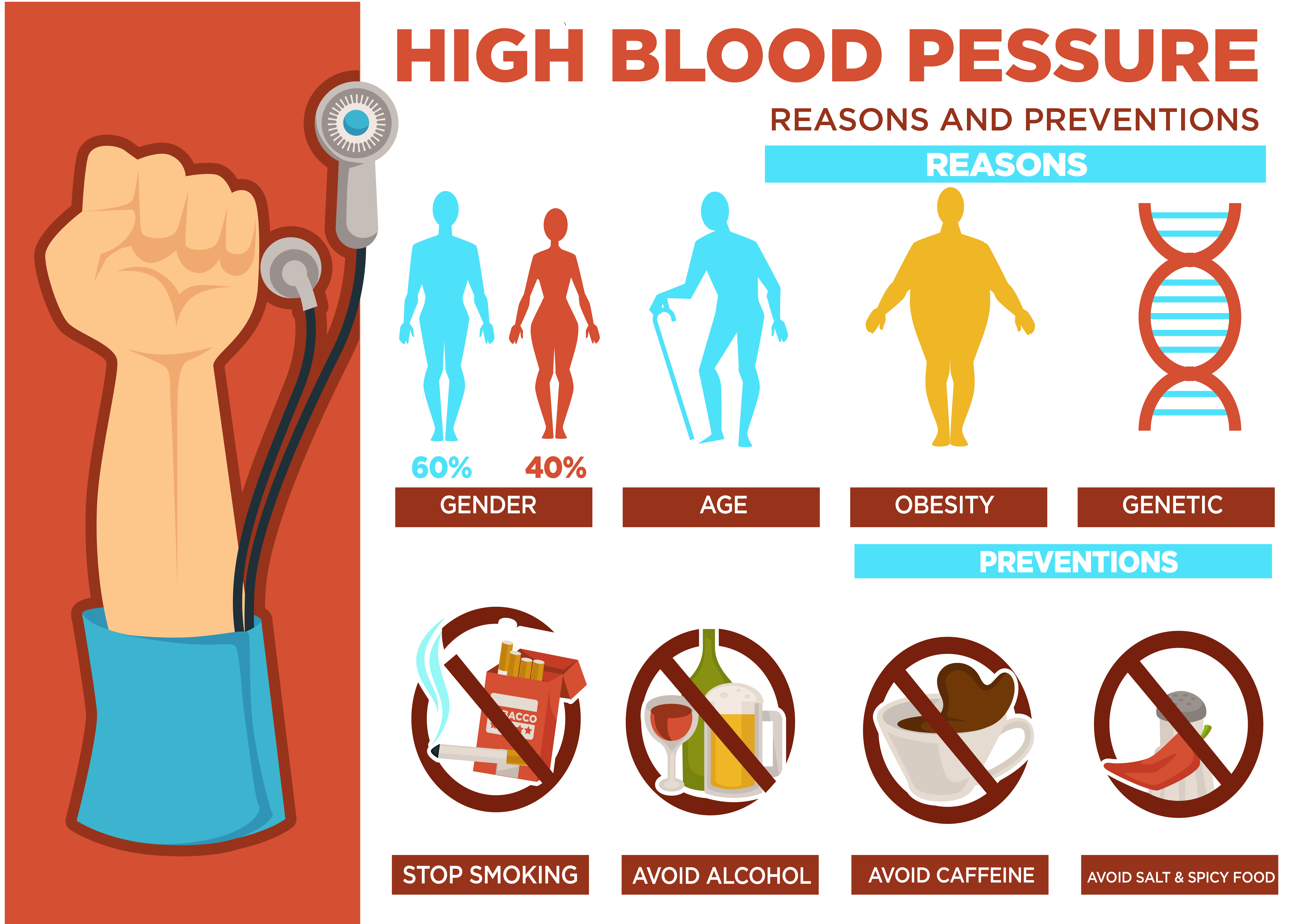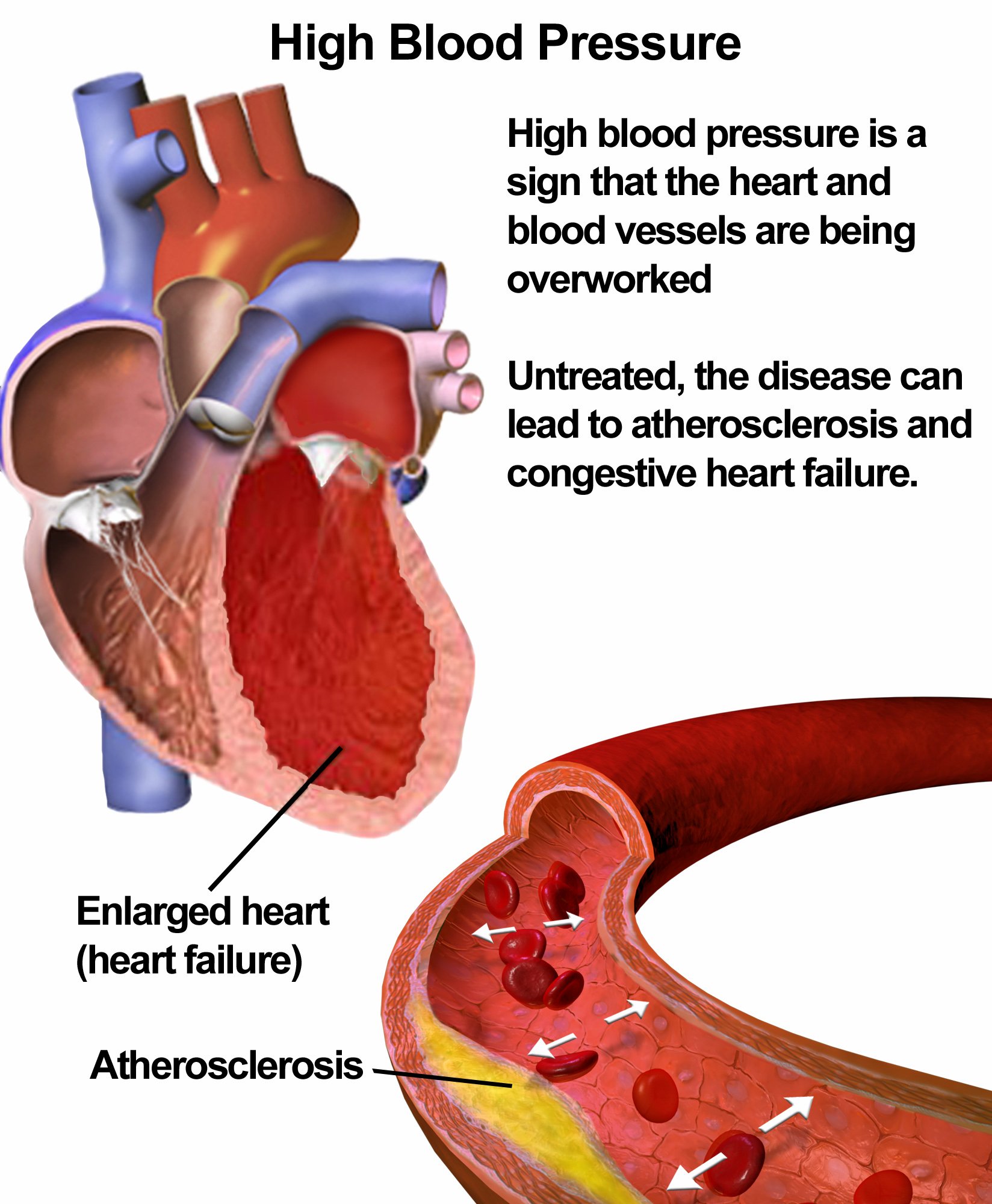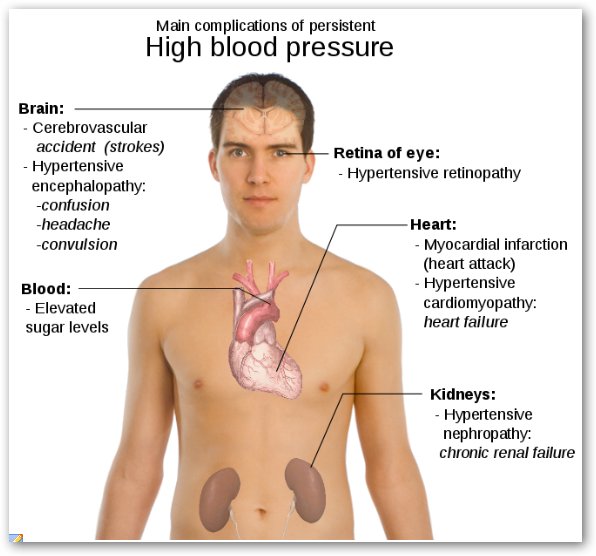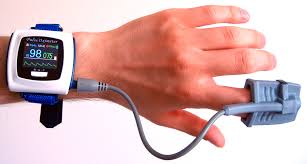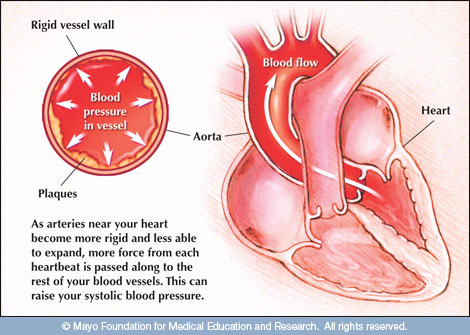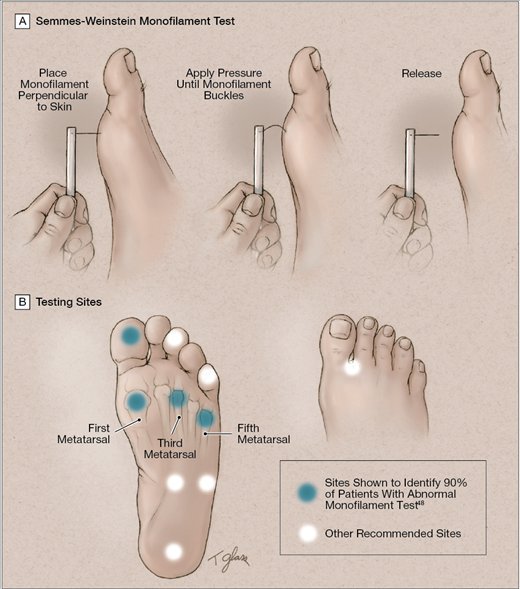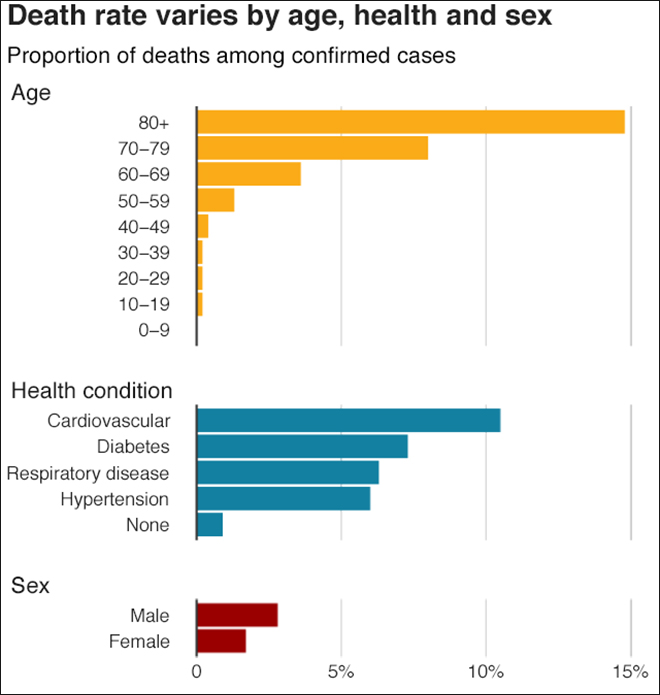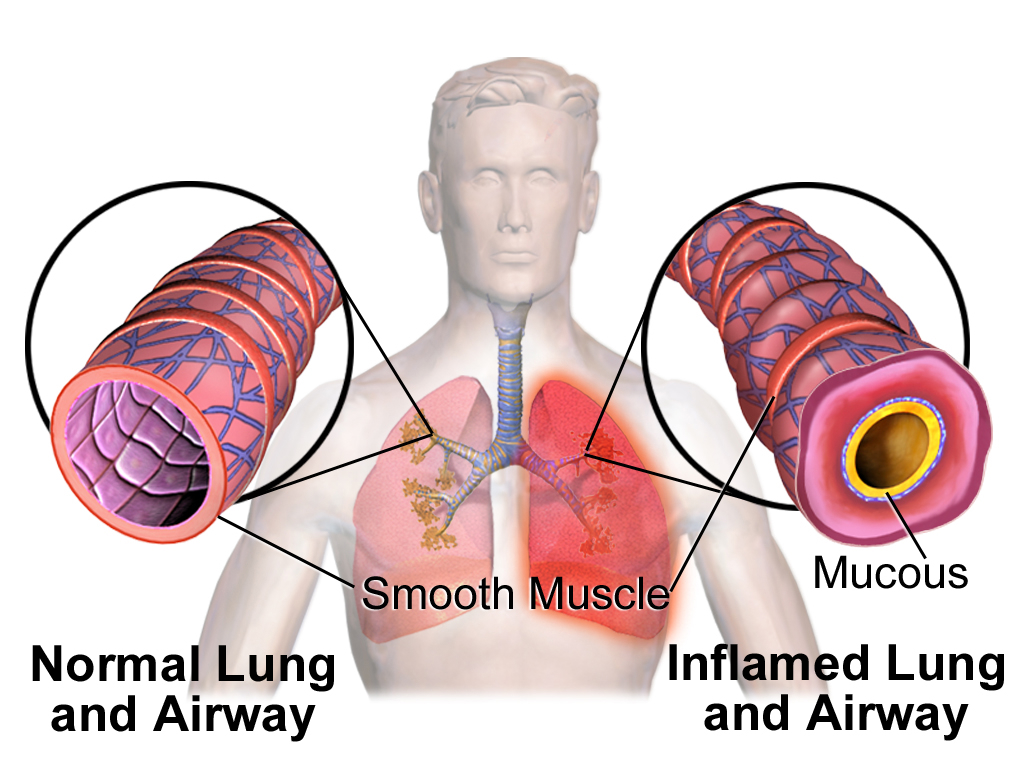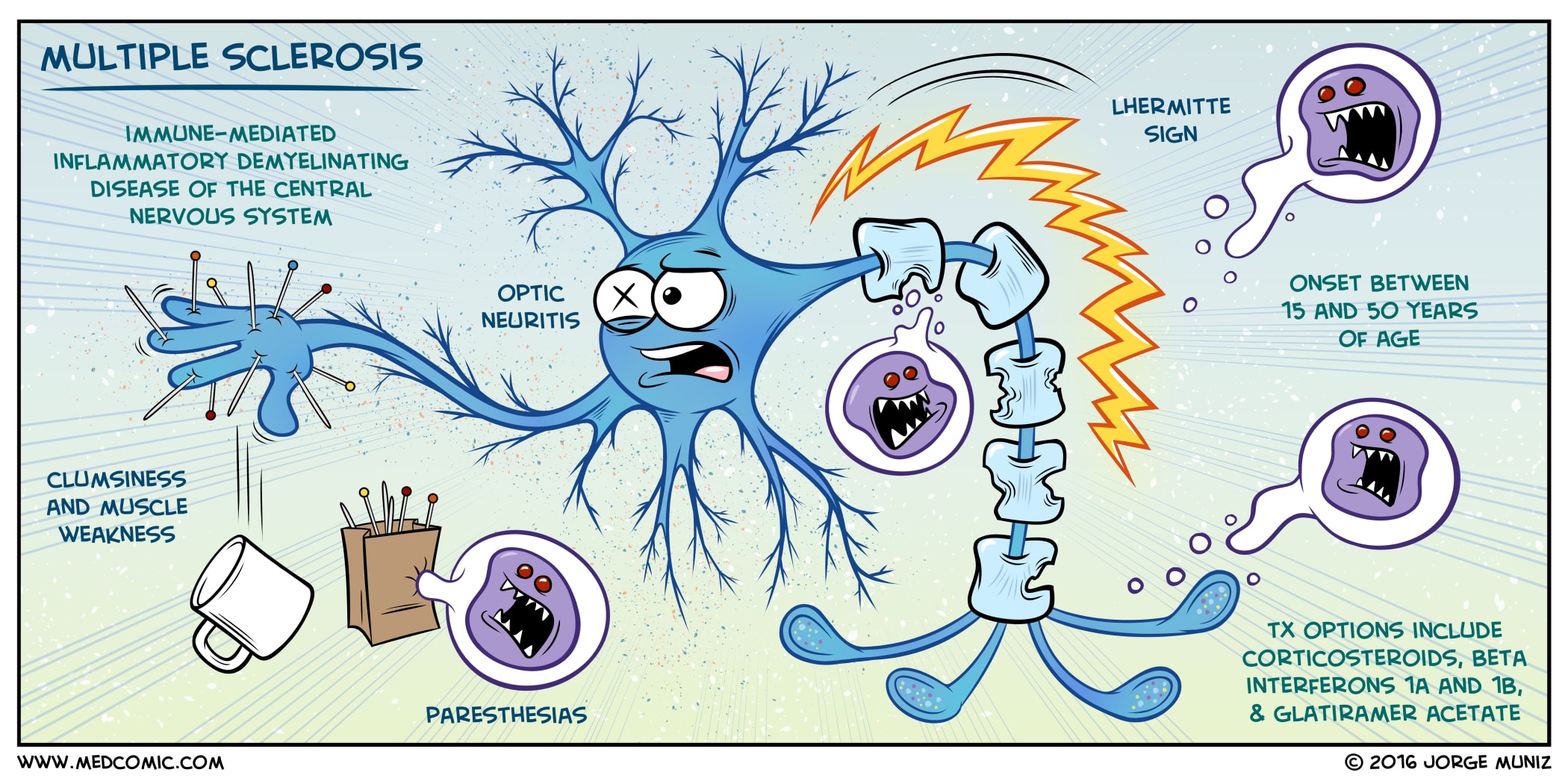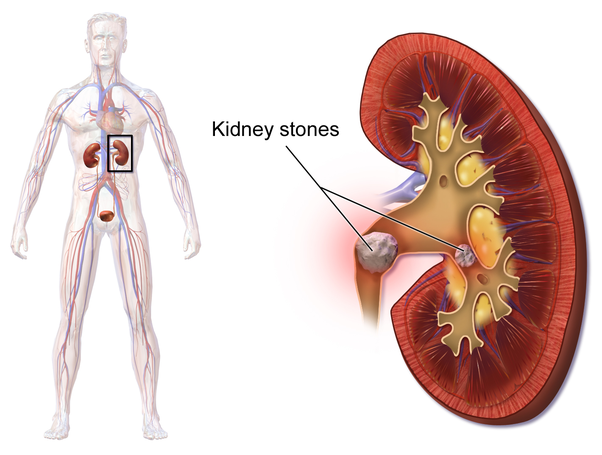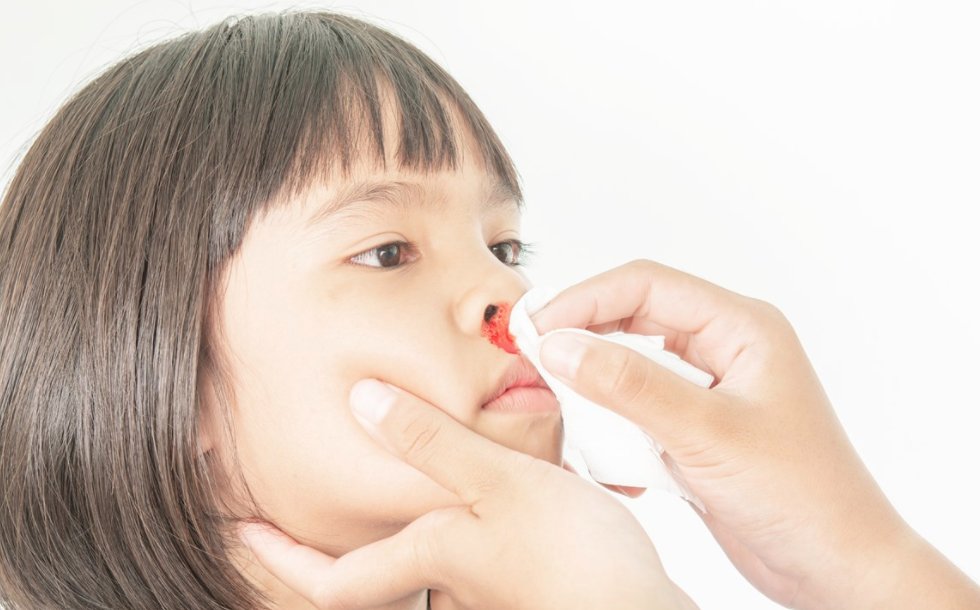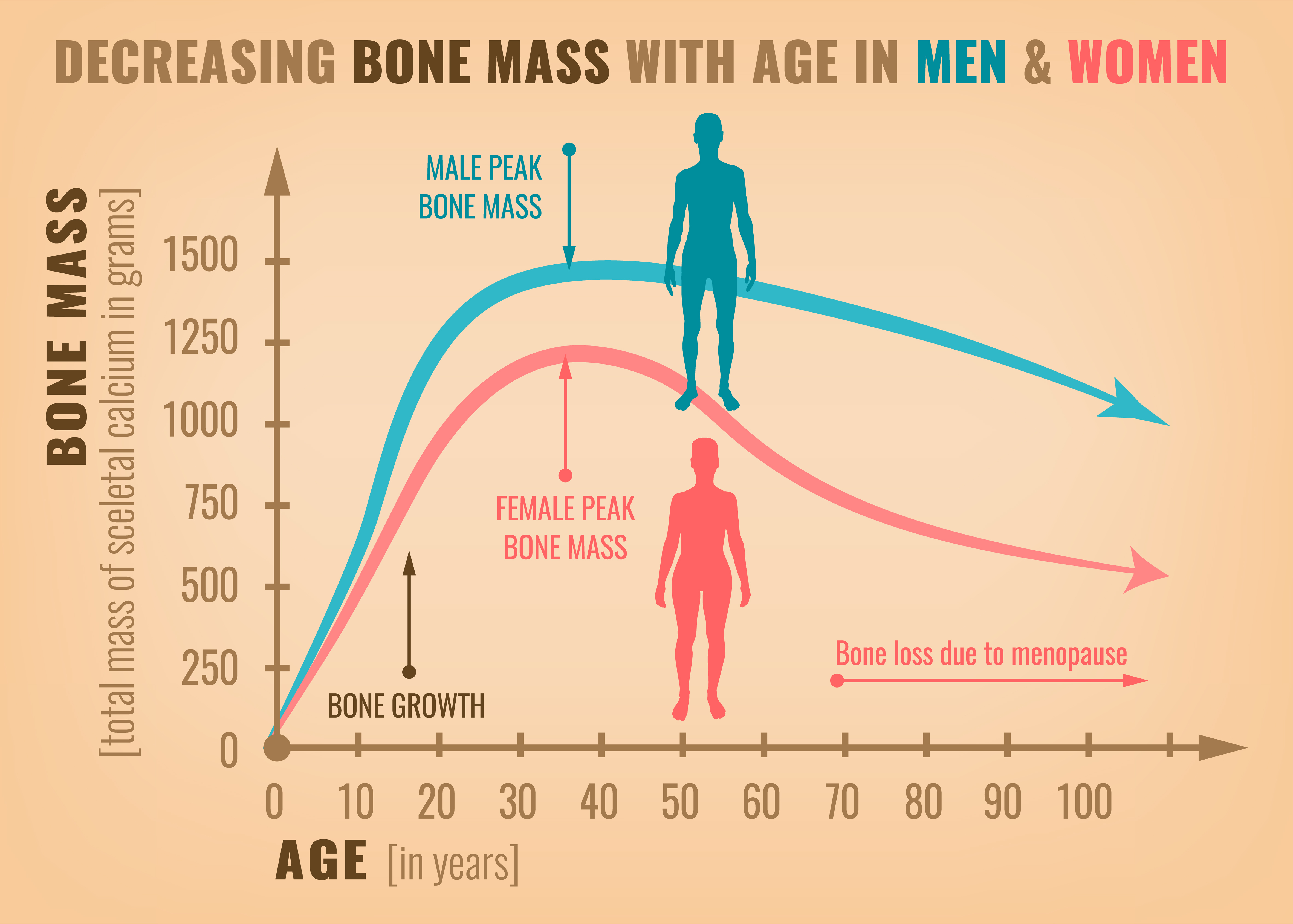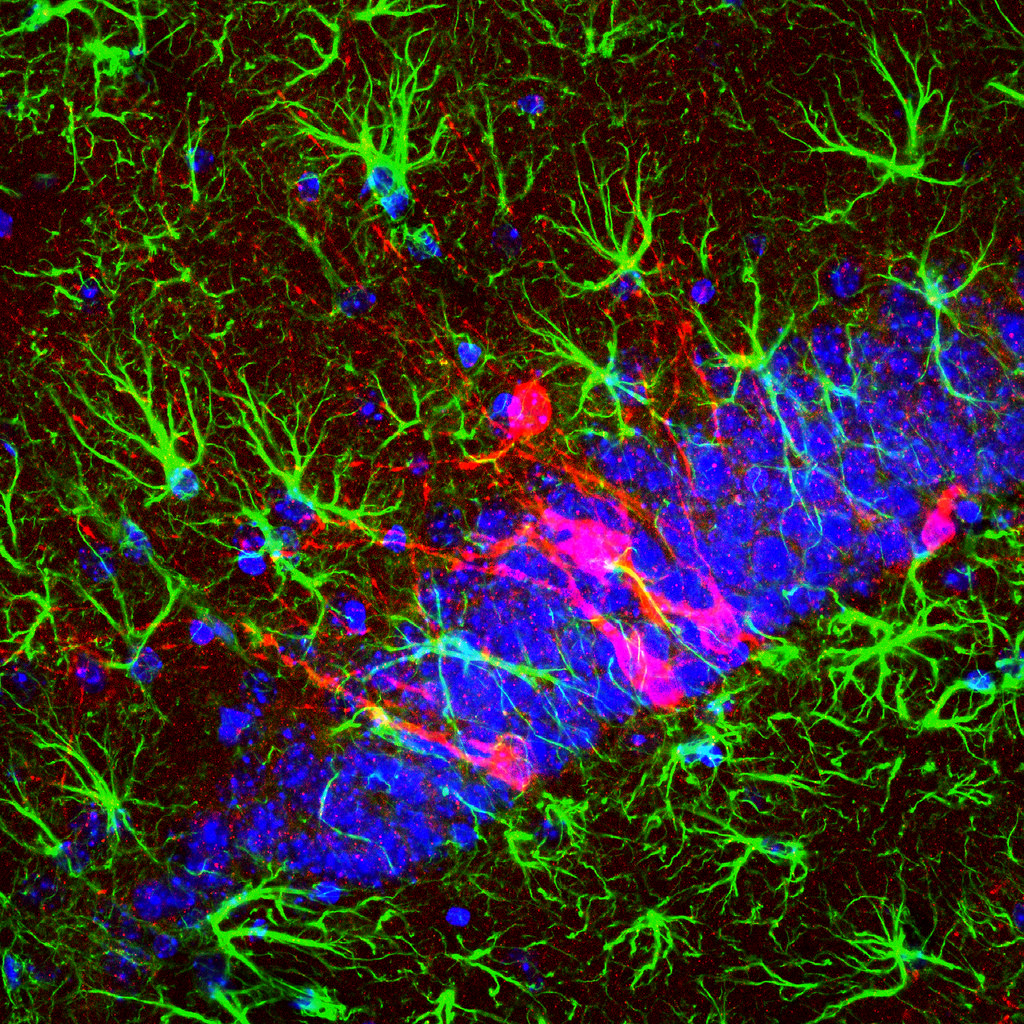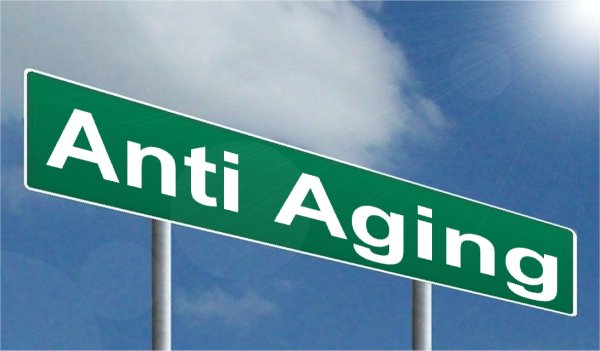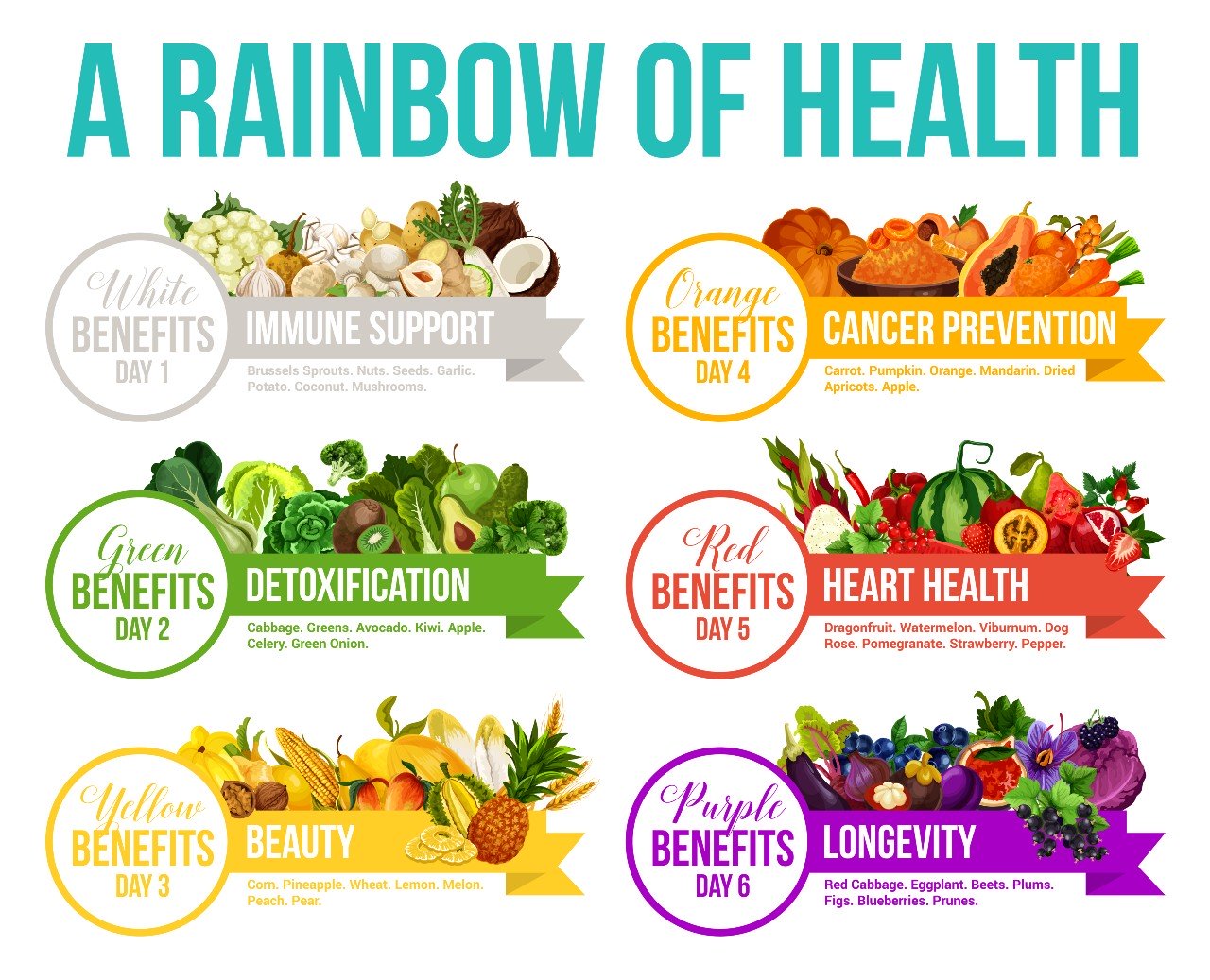Self Help Treatment of Diabetes
糖尿病の治療
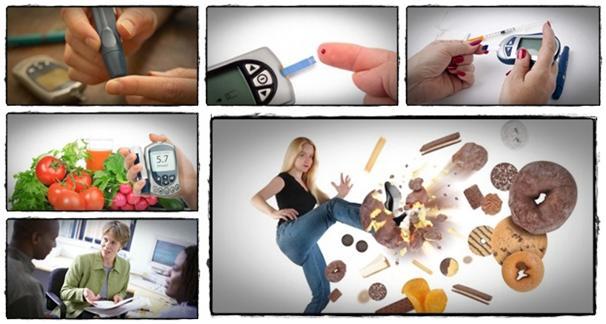
Self Help Treatment of Diabetes teaches some diabetes self management methods including comprehensive Diabetes diet information and exercise tips.
Watch this Ted.com video by Dean Ornish explaining how changing our eating habits will save lives. Diseases like diabetes are mostly preventable. Dean Ornish is a clinical professor at UCSF and founder of the Preventive Medicine Research Institute. He's a leading expert on fighting illness - particularly heart disease with dietary and lifestyle changes.
How to Treat Diabetes? 如何治疗糖尿病?
Diet is the main treatment for diabetics. All diabetics require a special diet for diabetes in which carbohydrate and fat intake is controlled. The objectives of the diet are :
- To keep to the ideal weight (neither fat nor thin)
- To keep the blood sugar level normal and the urine free of sugar
Diabetes and Diet 糖尿病与饮食
Controlling diabetes with diet is achieved by these diabetes treatment guidelines :
- eating good food regularly (not skimping)
- spacing the meals throughout the day (3 main meals and 3 snacks)
- avoiding sugar and refined carbohydrates (eg sugar, jam, honey, chocolates, sweets, pastries, cakes, soft drinks)
- reduce eating carbohydrates (starchy foods) such as rice or potatoes to about 20-40g a day
- Avoid all Wheat & Gluten-containing foods - These foods have high glycemic index which increase insulin production and fat accumulation, are appetite enhancers and cause sugar cravings and hunger within 2 hours of eating
- eating a good variety of vegetables and non-sweet fruit
- cutting out alcohol or drinking only a little
Are there Cures for Diabetes?
If the beta cells which produce insulin in your pancreas have not been completely destroyed and depleted, Dr William Davies (Author of the book 'Wheat Belly') believes that Diabetes can be reversed and cured. It can virtually always be controlled by a proper diabetes diet of low carbohydrates (20g per day), complete removal of wheat/gluten containing foods and regular exercise, but if necessary insulin or diabetes medications. Although the diagnosis comes as a shock to patients, it is not the major problem that it is generally believed to be - most patients lead normal lives.
Diabetes and Exercise
Exercise is important as a treatment of diabetes because it really benefits your health. Exercise is any physical activity that keeps you fit. Good examples are brisk walking (eg 2km per day), jogging, tennis, skiing and aerobics. Aim for at least 30 minutes 3 times a week, but daily is ideal. Go slowly when you start.
Diabetes Self Management
- Exercise is important.
- Do not get overweight.
- A proper diabetes diet is the key to success.
- A no sugar diet is needed.
- Do not smoke.
- Minimise alcohol.
- Take special care of your feet. Click here for Diabetes Foot Care tips.
- Self-discipline will help make your life normal.
Diabetes Diet Information
A healthy diet for diabetes follows 4 golden rules :
- Don't get fat - Stay trim, taut and terrific. A healthy diet and regular exercise will keep you, your body and your blood glucose in balance. If you don't know what your weight should be, or need some help to trim down, talk to your doctor.
- Don't eat too much carbohydrates - 20-40g of carbohydrates (rice or potato) a day is recommended. Contrary to popular belief, Fatty foods like meat, cheese, and butter can be eaten in moderation. Dr William Davies recommends that all wheat or gluten containing foods like grain, cereals, pasta, biscuits, bread etc should be avoided if possible. Vegetables and non-sweet fruit are encouraged. Nuts and beans are healthy snack alternatives.
- Eat complex carbohydrates - Complex carbohydrates are starches, for example rice and potato. They are slowly broken down by the body to gradually release glucose. They provide a steady gradual source of glucose for the body. Simple carbohydrates such as sugar, are more quickly taken into the body and cause quicker and higher increases in the blood glucose level. They should be avoided, and complex carbohydrates should be eaten instead.
- Spread your Complex carbohydrates - If you eat 3 large meals during the day, there may not be enough insulin to allow your body to use the large load of glucose each meal provides. Therefore the blood glucose level rises quickly after the meal and then falls steeply before the next meal. It is preferable to prevent your blood glucose level from swinging too high or too low. It is better to keep it steady. To do this, you need to eat 3 small meals during the day, with healthy snacks in between. This allows the body's insulin to use the smaller loads of glucose, so that your blood glucose level will not rise or fall as much.
Diabetes Diet Check list
If you need advice and help in changing to a diet low in carbohydrates and moderate in proteins and healthy fats or in losing weight, speak to your doctor. Advice from a dietitian or nutritionist is also helpful, particularly if you have specific problems with your diet.
Heart Health - Coronary Heart Disease, Learn what is Angina and Stroke, as well as How to Lower Cholesterol
Tackling diabetes with a bold new dietary approach: Neal Barnard at TEDxFremont
This chart will help you determine which foods are high in sugar or fat. It suggests alternatives.
Foods to Avoid or Limit |
Suitable Alternatives |
|
High in Sugar |
|
sugar, honey spreads : jam, marmalade, syrups, nutella sweet drinks : cordial, soft drink, flavoured mineral water, tonic water, fruit juice drinks, ordinary flavoured milk, milkshakes sweet wine/sherry, port, liqueurs, ordinary beer confectionary : lollies, cough lollies, chocolate (ordinary/diabetic/carob), muesli/health bars |
Use Stevia (0 calories) instead, tablet or liquid artificial sweetener low joule jam/marmalade, Promite, Vegemite, meat/fish paste low joule cordial/soft drink, plain mineral/soda water, pure fruit juice (limit to 1 small glass a day), coffee, tea, herbal teas, Green tea is highly antioxidant dry wine or spirit (1 to 2 drinks a day) low joule pastilles |
|
sweet biscuits (eg cream, chocolate, shortbread), cakes, donuts, iced buns, sweet pastries, crispbreads, Cruskits, wholemeal crackers, wheatmeal or coffee biscuits, scones, 'no added sugar' fruit loaf |
Rice crackers or biscuits |
|
sweet desserts : ordinary jelly, fruit in sugar syrup, fruit pies, cheesecakes, puddings, ordinary flavoured yoghurt or ice-cream, ice-cream toppings |
low joule jelly, fresh or tinned/stewed fruit without added sugar, plain or diet-lite 'no added sugar' yoghurt, plain ice-cream (1 scoop occasionally), low joule ice-cream topping |
|
sweet cereals : some mueslis, Nutrigrain, Cocopops, Honey Smacks, Sugar Frosties, Weetbix, All-Bran |
Porridge |
|
High in Fat |
|
mayonnaise, oily dressings, cream sauces, fatty gravies, sour cream |
low joule dressings, vinegar, lemon juice, low joule Gravox, plain yoghurt, Olive Oil based dressings |
|
fat on meat, chicken skin, fatty meats (sausages, bacon, salami) deep-fried foods, pies/pastries Vegetable oils are now considered unhealthy oils (including peanut oil) |
lean cuts of meat with skin and fat removed foods cooked without fat, or with a minimal amount of coconut, olive, avacado, flaxseed or nut oils |
|
snack foods : crisps, corn chips large amounts of margarine, oil, cream, peanut butter, dripping |
nuts, raw vegetables, fruit, plain popcorn limit to 3-6 teaspoons a day, preferably butter, moderate amounts of lard & ghee |
Do you think you will find it difficult to commit to a healthier diet as a treatment of diabetes, here is a powerful and pragmatic suggestion in this Ted.com video from Graham Hill, founder of Treehugger.com - Be a weekday vegetarian.
Hypertension Symptoms & Treatment, Blood Pressure monitoring, BP Chart
Diabetic Neuropathy Easy Self Assessment
Diabetic neuropathy is a type of nerve damage that can occur if you have diabetes. High blood sugar (glucose) can injure nerves throughout your body. Diabetic neuropathy most often damages nerves in your legs and feet.
You may use a piece of stiff fishing line string to do this easy Diabetic foot self test. If you have lost sensation in any of the spots indicated in the above diagram, seek medical advice from your family doctor to get a professional diagnosis and medical intervention.
'An ounce of prevention is worth a pound of cure.'
Health Assessment & Screening Packages
Risk Factors of COVID-19 Complication
Source : Observer Research Foundation
Lung, Neurological, Liver & Kidney Diseases
Healthy Aging 健康老龄化
How a Gluten-free Diet can Improve your Chronic Illnesses
Healthy Diets for Optimal Health
|
The information provided in this website is for knowledge purposes only. It does not constitute medical advice.
Should you encounter any medical problem that you are unsure of, always consult your doctor or health care provider for assistance and medical advice.
